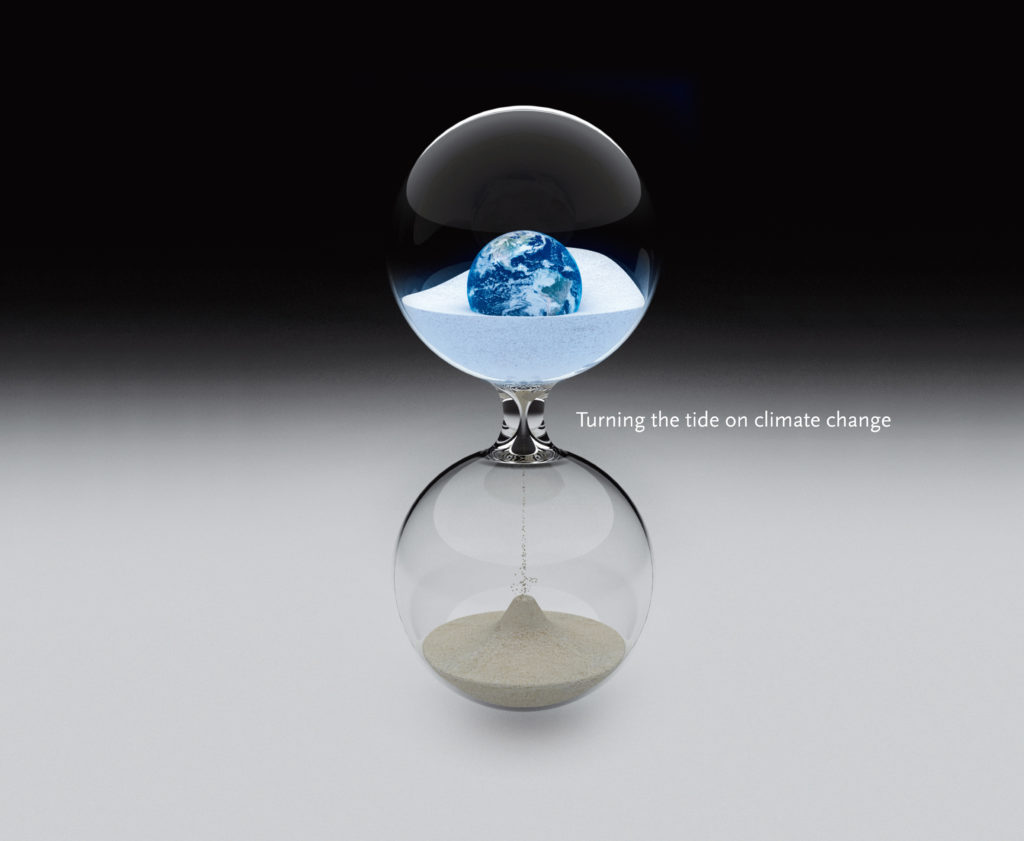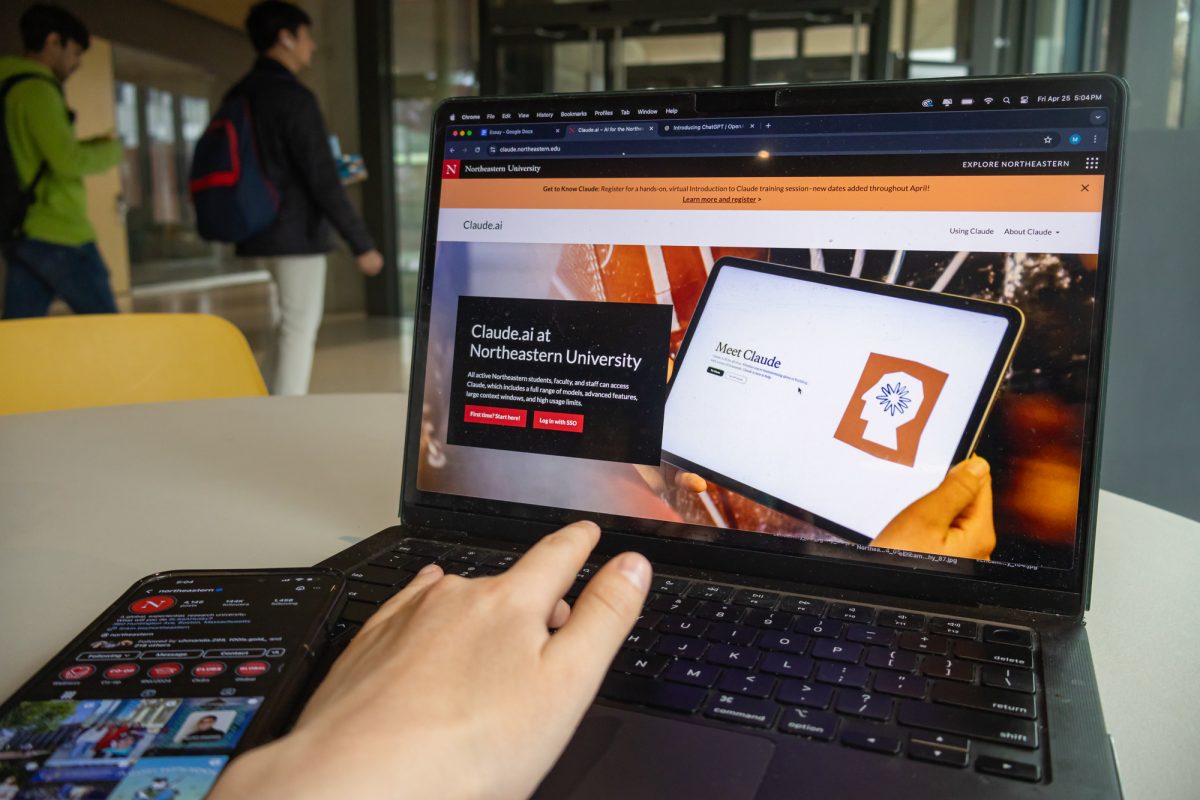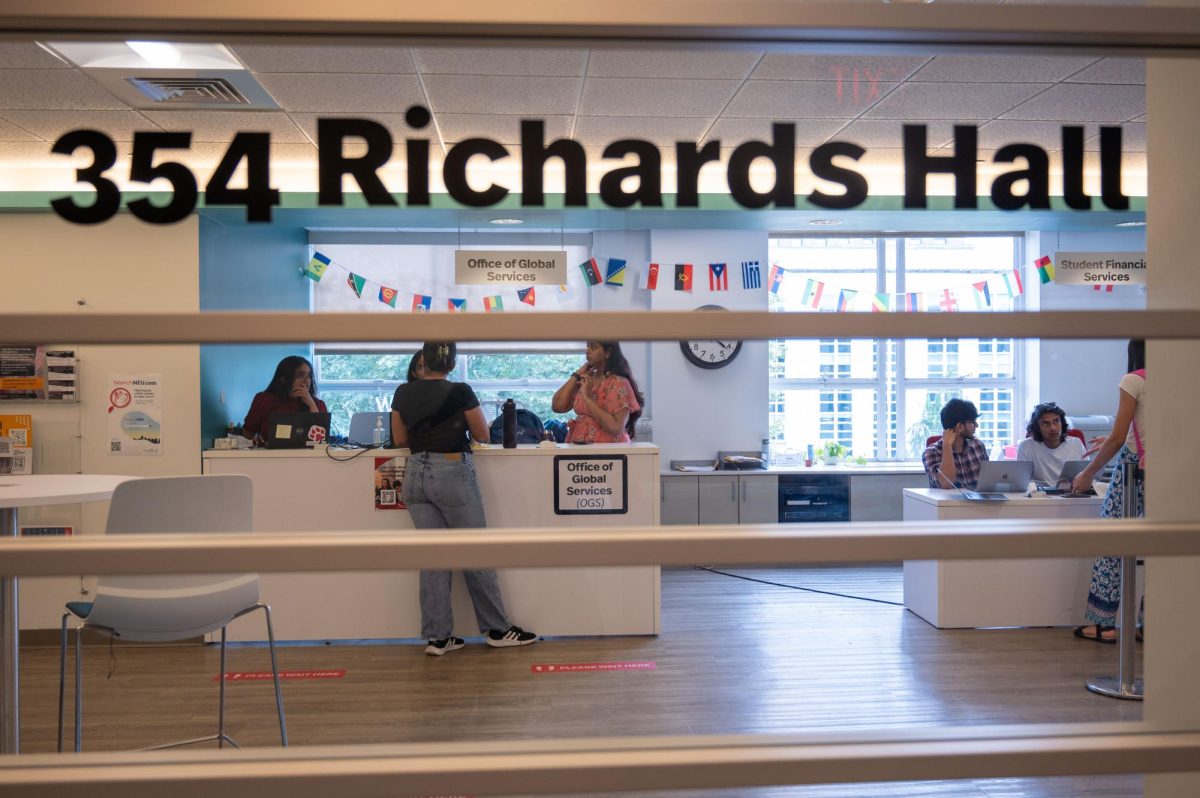On Sunday, Sept. 21, 2014, over 310,000 people assembled in New York City for the People’s Climate March, the largest climate march in history. The march coincides with the UN Climate Summit and is meant to encourage politicians to pursue real policy change that will address climate change. Size alone makes the march significant, but its power was evident in the passionate voices and universal cheerful spirit.
Following the march, what steps can we take to ensure cooperation of our leaders? A key strategy to enacting effective environmental policy is countering the heart of the problem with current policy: corruption. According to OpenSecrets, environmental groups spent $22.4 million on lobbying in 2009. In the same year, oil and gas companies spent $175 million on lobbying. In a system in which candidates rely on private campaign contributions and spend at least 50 percent of their time fundraising, when it comes to making policy decisions, who do you think a politician is more likely to listen to: voters or donators?
A recent study conducted by Princeton University concluded that the US is closer to an oligarchy than a democracy. Average citizens’ influence on policy change is negligible to nonexistent, while the super-wealthy and corporate special interest groups have considerable impact on government policy.
“96 percent of Americans believe money in politics is a problem, but 91 percent believe nothing can be done about it,” Lawrence Lessig, a law professor at Harvard, said at a recent anti-corruption (sic) at the Massachusetts Institute of Technology.
Campaign finance reform is the answer, yet there are many avenues and forms. One form is publicly financed elections, which citizens have been advocating for since the early ‘90s. In many states and cities, from Maine to New Mexico, voluntary systems of public financing of elections have been instituted, allowing even candidates from modest financial means to win elections and enact policy change by listening to voters, not donors.
To enact meaningful policy on climate change, we must continue to pressure our politicians. An effective method of ensuring their cooperation is to advocate for publicly-financed elections, eliminating the skewed and undemocratic advantage of the small population of wealthy individuals and corporations. It is easy to get depressed and frustrated about the state of politics, but the best medicine is to DO something about it. Join a group like Democracy Matters, a non-partisan student group starting a chapter at Northeastern this fall, which advocates for publicly financed elections. Write your representatives and attend massive protests like the People’s Climate March to build strength in numbers. The People’s Climate March is a successful first step that shows the power of strength in numbers in the fight to save the planet.
– Cayman Kai is a junior International Affairs and Political Science major.
Photo courtesy Robert Kandel, Creative Commons.









